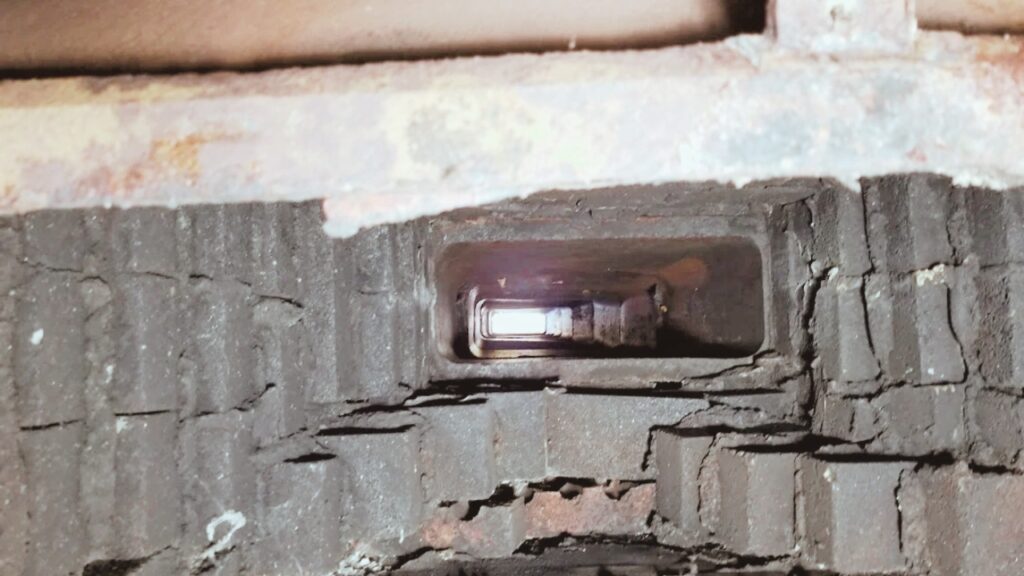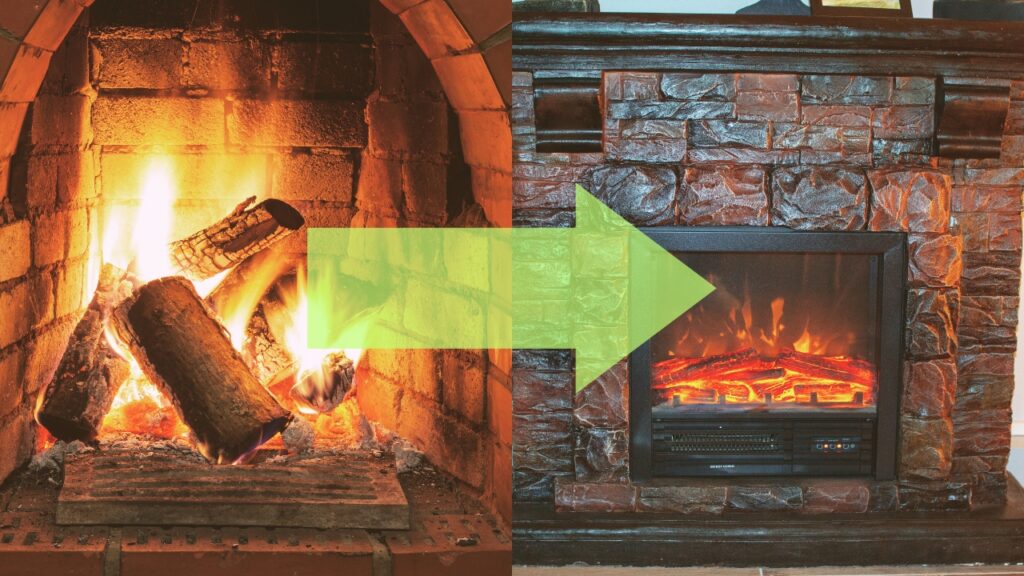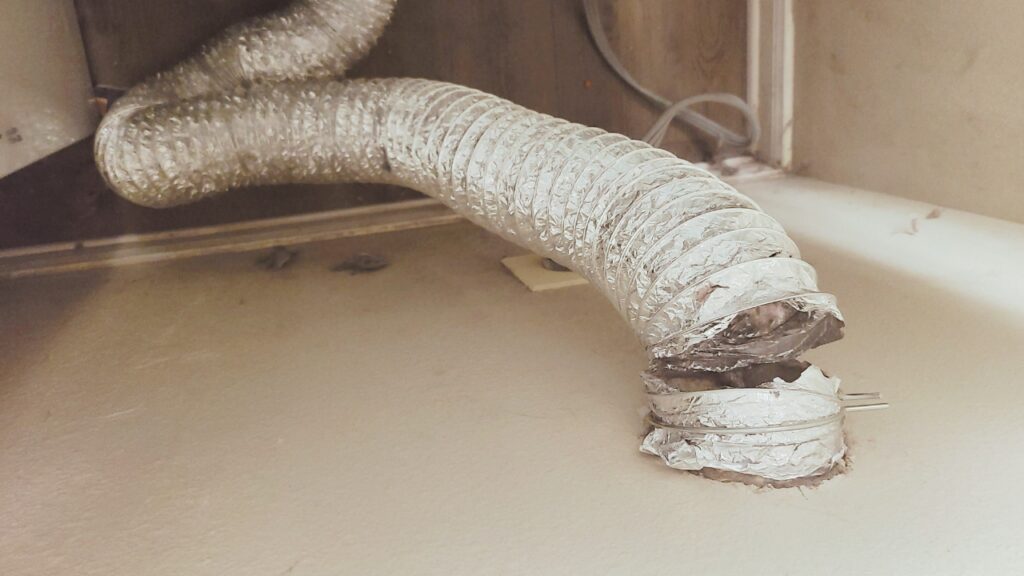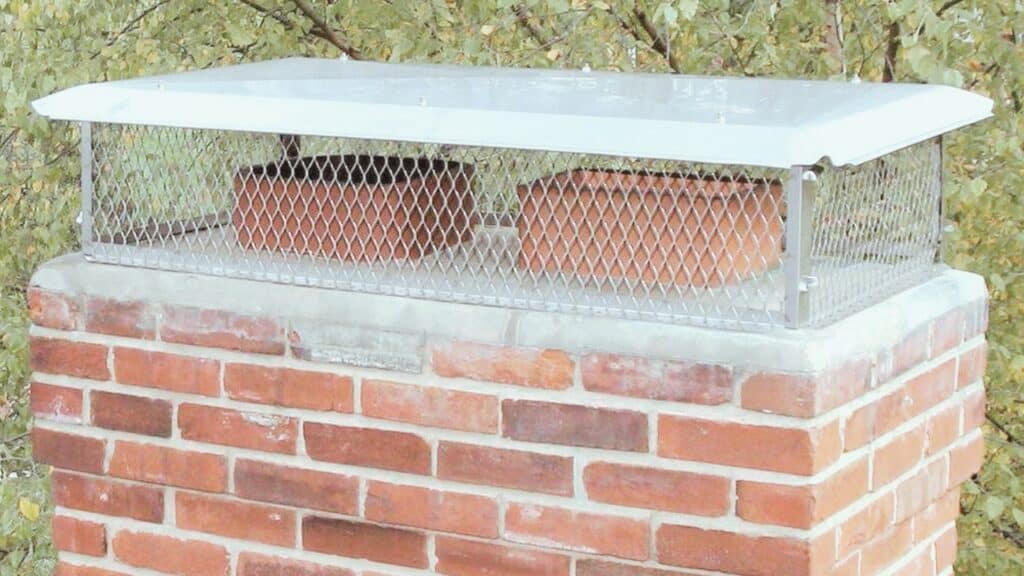Electric fireplaces have become increasingly popular in recent years, presenting a highly efficient and convenient alternative to traditional fireplaces in basements. These innovative heating appliances offer a real fire’s captivating beauty and cozy ambiance without venting systems or complex installation processes.
However, while the idea of having an electric fireplace in basement may be appealing, it’s crucial to select the right one to unlock its full potential. Choosing the appropriate fireplace ensures that your safety remains a top priority, your heating requirements are met, and your budget stays manageable.
In this comprehensive blog post, we will dig into four essential facts that you must know about electric fireplaces, providing detailed insights into their functionality and benefits.
Can an Electric Fireplace Heat a Basement?
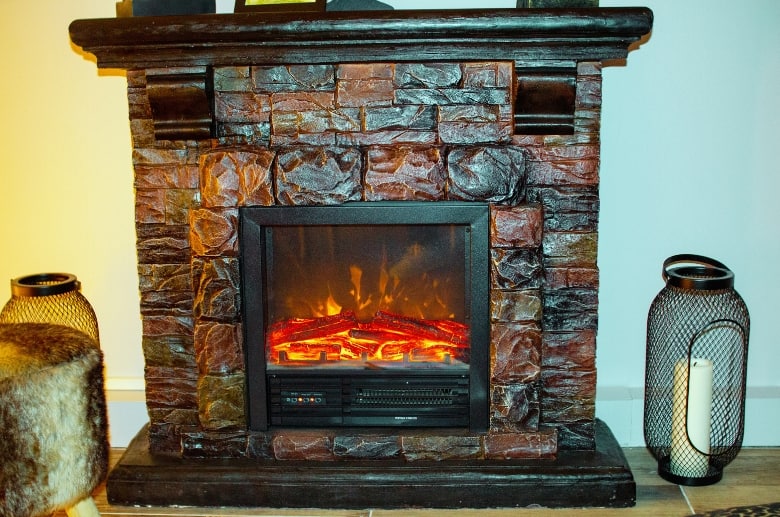
It’s possible for an electric fireplace to heat a basement during winter. Electric fireplaces are efficient in heat output, unlike wood-burning fireplaces, which lose a significant amount of heat through the chimney.
Using an electric fireplace helps ensure the basement stays effectively heated and provides a reliable source of comfort during colder months.
However, they are mostly considered supplementary heat sources in regions that experience extremely low temperatures. For a more comprehensive understanding, comparing gas and electric fireplaces can help determine which option better suits areas with harsher winters.
The type of electric fireplace and your basement’s insulation will also play a part in determining how effectively your electric fireplace will heat your basement.
——
Do You Need to Hire Chimney & Fireplace Expert?
Get free quotes from qualified experts near you. No commitment required!
——
What are the Heating Capabilities of Electric Fireplaces?
The heating capabilities of electric fireplaces vary depending on the type and model. For instance, most average models running on 120-volt outlets generate BTUs ranging from 4,600 to 5,000 per hour. This type of fireplace will suffice if you have a 400-square-foot basement.
On the other hand, powerful models running on 240-volt outlets will generate BTUs ranging from 9,000 to 10,000 per hour. Such models will efficiently provide heat for up to 800 square feet.
Factors Affecting Heating Efficiency of Electrical Fireplace in Basement
Several factors can affect the heating efficiency of an electric fireplace in a basement. The most common factors include:
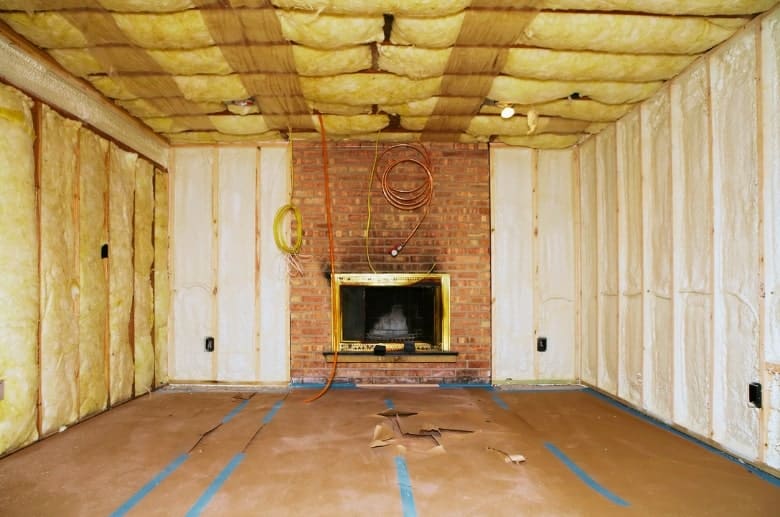
- Size and Insulation: Larger basements or those with poor insulation may require a higher BTU rating or additional heating sources to achieve optimal warmth. This is because more warm air is lost in the atmosphere, and the heat produced by the electric fireplace may not be sufficient to maintain a comfortable temperature.
- Ceiling Height: A higher ceiling creates a larger air volume in the room. Heat naturally rises, so in a room with a high ceiling, the warm air accumulates near the ceiling, leaving the lower areas feeling colder. A higher ceiling can lead to uneven heat distribution, resulting in less effective heating.
- Open Floor Plans: If your basement has an open floor plan, it may be challenging for an electric fireplace to heat the entire space efficiently. With increased square footage, the electric fireplace’s heating capacity may struggle to adequately warm the entire space, especially if it lacks proper insulation or sufficient airflow.
Consider the layout and divide the basement into zones to determine if additional heating sources or supplemental electric fireplaces are necessary.
Benefits of an Electric Fireplace in Basement
Using an electric fireplace in a basement offers several benefits:
- Ease of Installation: Electric fireplaces do not require venting or complicated construction work. Simply plug them into an electrical outlet, and they are ready to provide warmth.
- Energy Efficiency: High energy efficiency helps you cut down on utility costs. Electric fireplaces convert a high percentage of their electricity into heat, minimizing energy waste.
- Zone Heating: The flexibility and convenience of electric fireplaces effectively facilitate zone heating, allowing you to heat your basement separately from the upper levels. Zone heating saves energy and reduces your heating costs.
- Safety: Gas and wood fireplaces produce smoke and emissions. Electric fireplaces do not, thus eliminating the need for ventilation systems. This makes them a safe and convenient option for basements without proper ventilation.
- Aesthetic Appeal: All fireplaces come in various styles and designs, allowing you to choose one that enhances the aesthetics of your basement. Electric fireplaces offer realistic flame effects that create a cozy ambiance, adding visual appeal to the space.
Is it Safe to Have an Electric Fireplace in a Basement?
Electric fireplaces are designed with safety in mind and offer several features that make them a safe option for basement installations. For instance, electric fireplaces eliminate the risk of fire igniting since they do not involve open flames or the burning of combustible materials.
Additionally, unlike wood-burning or gas fireplaces, electric fireplaces do not produce smoke, soot, or harmful emissions. They also have cool-to-touch exteriors, reducing the risk of burns or injuries in homes with pets and children.
However, you must meet certain requirements to ensure their safe installation and operation in the basement. Here are the key requirements to consider:
1. Electrical Supply: Install a dedicated electrical circuit for the electric fireplace, and it should be able to handle the electrical load of the fireplace without overloading the circuit. A qualified electrician can assess and install the necessary electrical connections to ensure proper grounding and safety.
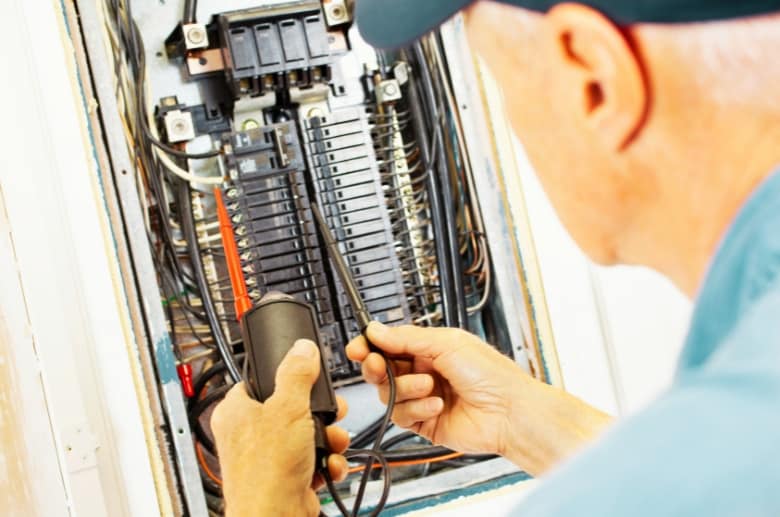
2. Clearances: Maintain proper clearances around the electric fireplace to prevent overheating and potential fire hazards. Follow the manufacturer’s guidelines regarding minimum distances between the fireplace and combustible materials such as furniture, curtains, or other objects.
3. Manufacturer’s Instructions: Carefully follow the installation and operating instructions provided by the manufacturer. Each electric fireplace model may have specific requirements and guidelines for safe installation and usage.
4. Regular Maintenance: Perform regular maintenance on the electric fireplace to ensure its safe and efficient operation. Maintenance includes cleaning the unit per the manufacturer’s instructions, checking for loose connections, and replacing worn-out parts or components.
5. Do Not Block the Vents: Electric fireplaces have built-in ventilation systems to prevent overheating and maintain proper airflow. Blocking the vents can hinder the fireplace’s ability to dissipate heat effectively and may lead to malfunctions or a fire hazard.
——
Do You Need to Hire Chimney & Fireplace Expert?
Get free quotes from qualified experts near you. No commitment required!
——
Do Electric Fireplaces Require Ventilation?
Electric fireplaces do not require ventilation in the same way that wood-burning or gas fireplaces do. Unlike wood stoves in the basement, electric fireplaces do not produce combustion byproducts such as smoke, soot, or harmful gases. As a result, they do not require a chimney or flue for venting.
So, how does an electric fireplace compare to other heating alternatives? Let’s look at a head-to-head comparison of an electric fireplace vs. a wood fireplace.
Electric Fireplace vs. Wood Fireplace
Electric fireplaces are highly efficient because they convert 100% of their electricity into heat. They allow for precise temperature control and offer different heat settings, allowing you to tailor the warmth to your preference.
Electric fireplaces often come with built-in thermostats and timers, enabling you to optimize energy usage and reduce overall heating costs.
On the other hand, the heat generated by burning wood escapes through the chimney, resulting in heat loss and wasted energy. They also require constant maintenance, including gathering and storing firewood, cleaning ashes, and ensuring proper ventilation for safety and efficiency.
Types of Electric Fireplaces Suitable for Basements
When it comes to electric fireplaces suitable for basements, there are several types to choose from. Here are three common options:
1. Wall-Mounted Electric Fireplaces
These fireplaces are designed to be mounted on the wall, creating a sleek and modern look. They are popular for basements with limited floor space if you prefer a more contemporary aesthetic. Wall-mounted electric fireplaces can be easily installed on any wall surface, providing warmth and ambiance while adding a stylish focal point to the room.
2. Built-In Electric Fireplaces
Buit-in fireplaces are designed to be recessed into the wall or installed within a custom-built mantel or entertainment unit. They offer a seamless and integrated appearance, blending with the surrounding decor.
These fireplaces provide a more permanent and customized solution for basements. This allows you to create a tailored fireplace design that complements the interior style.
3. Freestanding Electric Fireplaces
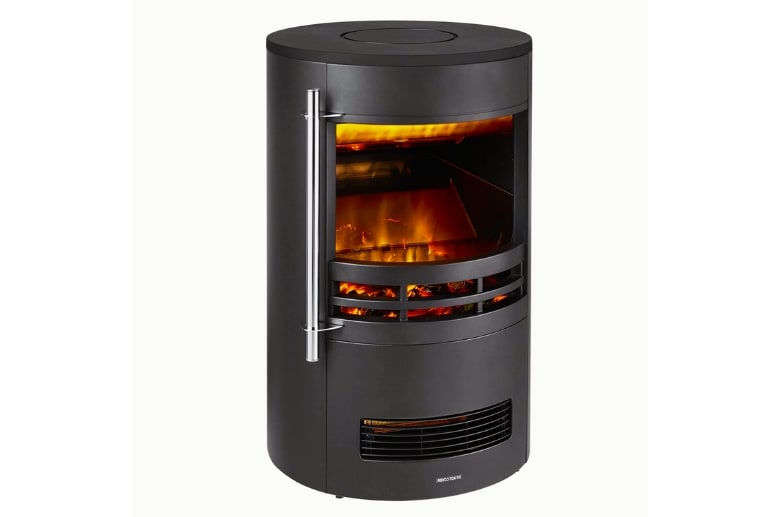
As the name suggests, freestanding electric fireplaces are versatile and portable units that can be placed anywhere in the basement. They come in various sizes and designs, from compact stoves to larger console-style units. They often come with additional features like adjustable heat settings, flame effects, and even mantel shelves, providing functionality and aesthetic appeal.
4. Mantel Electric Fireplaces

An electric mantel fireplace combines the warmth and charm of a traditional fireplace with the convenience and safety of an electric unit. These fireplaces feature a freestanding design with a mantel surround, creating a focal point in the room.
Mantel electric fireplaces come in various styles, from classic and ornate designs to modern and minimalist options. The mantel acts as a decorative element, allowing you to display photos, artwork, or other personal items.
Some models have additional features like built-in shelves or media consoles, providing storage space for electronics or decor items.
——
Do You Need to Hire Chimney & Fireplace Expert?
Get free quotes from qualified experts near you. No commitment required!
——
What is the Average Cost of Electric Fireplaces for Basements?
There’s no standard cost for an electric fireplace installation. However, the table below illustrates the average cost of different types of electric fireplaces.
| Type of Electric Fireplace | Average Cost |
| Wall-mounted electric fireplace | $300-$7,000 |
| Built-in electric fireplace | $300- $15,500 |
| Freestanding electric fireplace | $200- $1,500 |
| Mantel electric fireplace | $1,000- $8,000 |
Factors to Consider When Selecting the Type of Fireplace for Your Basement
You should consider several factors when selecting the type of fireplace for your basement to ensure the best choice for your needs. Below are some key points :
- Size of the Basement: Larger basements may require more powerful heating options or supplemental heating sources to ensure adequate warmth. Consider your basement’s square footage and layout to determine the heating capacity needed for optimal comfort.
- Insulation and Heating Needs: Assess your basement’s insulation quality and heating needs to choose a fireplace that can efficiently heat the space and maintain a comfortable temperature. If your basement has poor insulation, you may need a fireplace with higher heating capabilities to compensate for the heat loss.
- Style and Aesthetics: Different fireplaces offer distinct design options. Consider the overall interior design of your basement and choose a fireplace that complements the style, whether it’s modern, traditional, or contemporary.
- Budget: Electric fireplaces offer more affordable options than wood-burning or gas fireplaces, as they do not require extensive installation or ventilation systems. Consider your budgetary constraints and explore the range of electric fireplace options available that align with your financial considerations.
Conclusion
Electric fireplaces are among the best heating options for basements. An electric fireplace in basement allows you to enjoy efficient and customizable heating while ensuring safety and cleanliness without extensive maintenance.
Additionally, an electric fireplace allows flexibility and seamless integration into the basement’s design, making it a practical choice. Remember to contact a professional to help you select the best type of electric fireplace that suits your needs.

